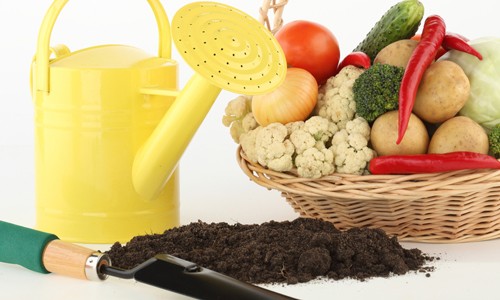
Organic Gardening
Organic gardening is the way of growing vegetables and fruits with the use of things only found in nature.
Why would one want to indulge in organic gardening?
1.One can easily make compost from garden and kitchen waste. Though this is a bit more time-consuming than buying prepared chemical pesticides and fertilizers, it certainly helps to put garbage to good use and so saves the environment.
2. Organic farming does not use chemicals that may have an adverse affect on your health. This is especially important when growing vegetables. Chemical companies tell us that the chemicals we use are safe if used according to direction, but research shows that even tiny amounts of poisons absorbed through the skin can cause such things as cancer, especially in children.
On the average, a child ingests four to five times more cancer-causing pesticides from foods than an adult. This can lead to various diseases later on in the child’s life. With organic gardening, these incidents are lessened.
Remember, pesticides contain toxins that have only one purpose – to kill living things.
3. Less harm to the environment. Poisons are often washed into our waterways, causing death to the native fish and polluting their habitat.
4.Organic farming practices help prevent the loss of topsoil through erosion.
The Soil Conservation Service says that an estimated 30 – 32 billion tons of soil erodes from United States farmlands every year.
4. Cost savings. One does not need to buy costly chemical fertilizers and pesticides with organic gardening. Many organic recipes for the control of pest and disease come straight from the kitchen cupboard. Sometimes other plants can be grown as companions to the main crop. An example of this is the marigold, which helps to repel aphids from vegetables.
Mixing 1 tablespoon of liquid dishwashing soap and 1 cup of cooking oil can make a cheap garden pest spray. Put 3 tablespoons of this mixture in 1 quart of water and spray on plants.
5.A simple mulch of pine needles will help to suppress the growth of weeds as well as keeping the moisture in.
6. Organic gardening practices help to keep the environment safe for future generations.
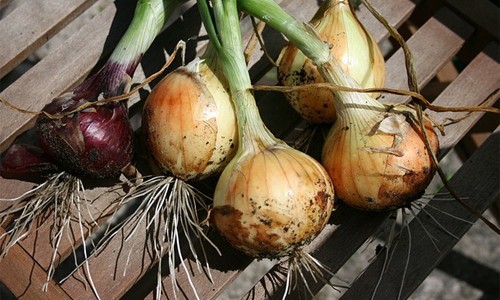
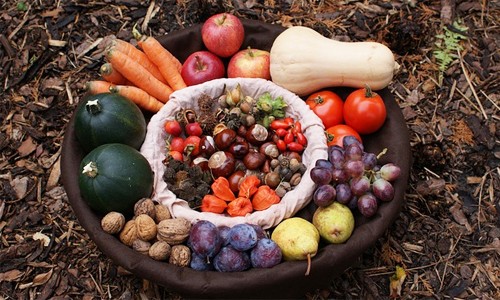
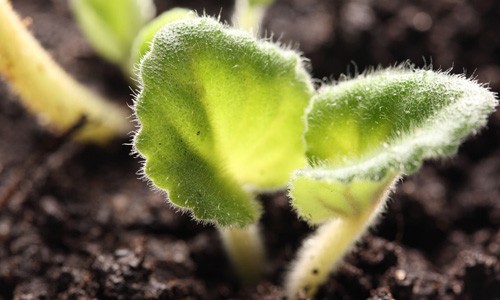
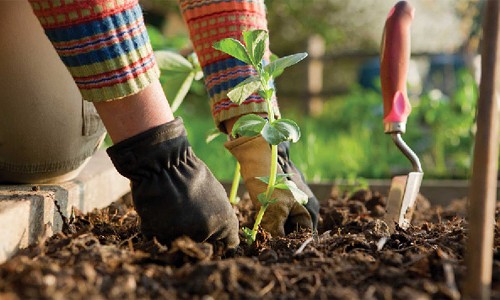








Follow Us